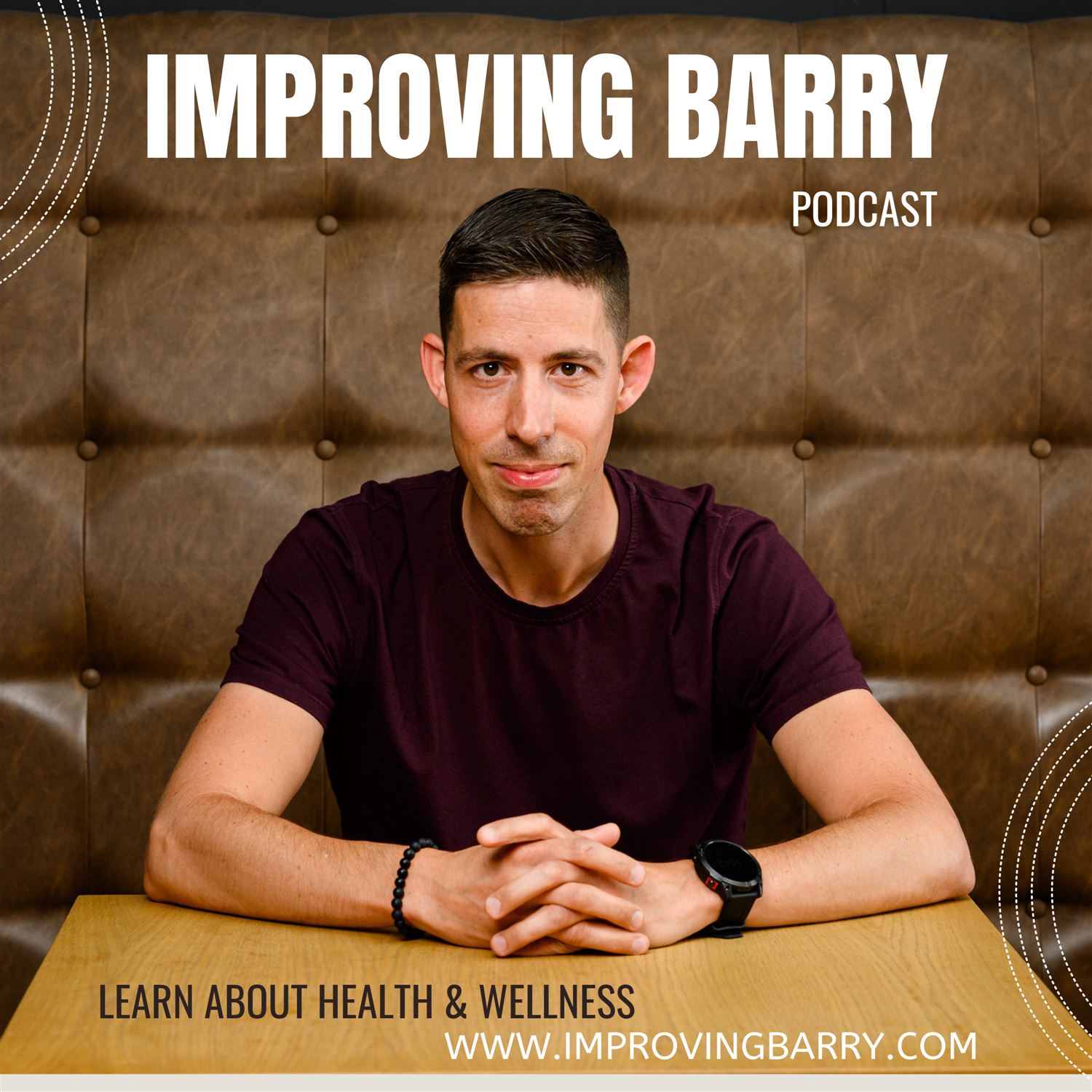
Improving Barry
Join me, Barry, in learning actionable health tips and strategies from experts in the fields of health and wellness. Together, we’ll learn to live longer, have more energy, prevent disease, and get more out of life.
Listen in your favorite app:
FountainHere are shows you might like



